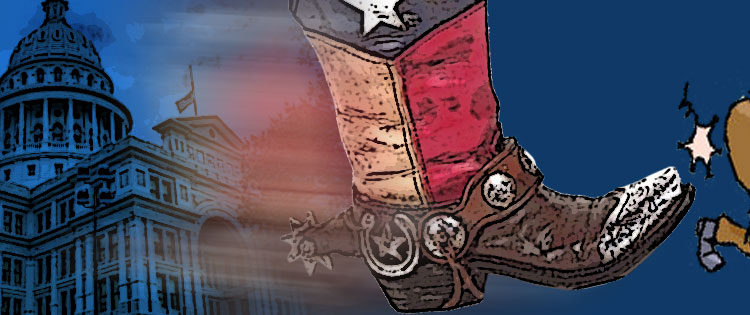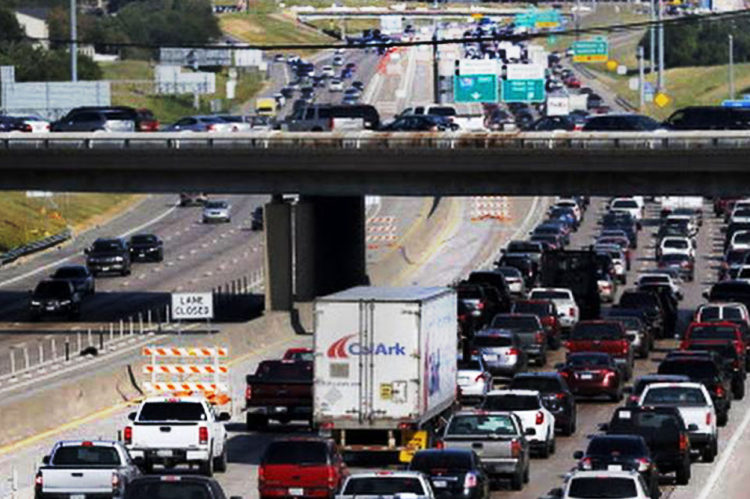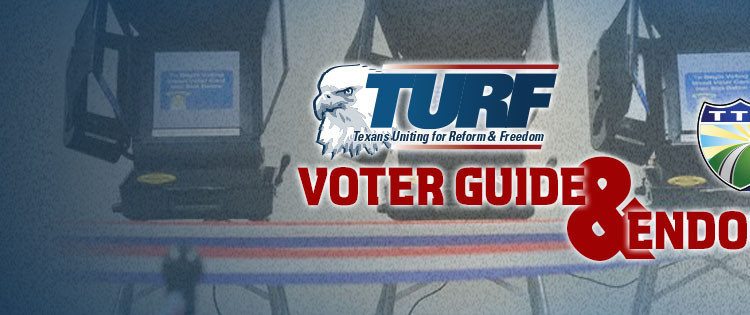Link to Op/Ed here.
Use Prop 1, Prop 7 funds to fix Loop 1604 without tolls
By Terri Hall
Founder, Texans for Toll-free Highways
February 28, 2017
San Antonio Express-News
Much in the same way taxpayers got the message about tolls being inevitable on US 281 and I-10, the Express-News editorial told our community, ‘Tolls are necessary, deal with it.’ Taxpayers don’t appreciate being told what to do, especially when it comes to the long arm of government reaching into our wallets. Contrary to the narrative, tolls are no longer a ‘user fee’ where only those who use the toll lanes pay for them. When $326 million in our gas taxes will be used to subsidize the construction of toll lanes inside Loop 1604, everyone will pay for them. But only the select few who can fork over up to $23 a day in tolls will be able to use them.
That’s right. The plan calls for dynamic tolling where the toll rate changes in real time and can reach the maximum during peak hours, which is $.50/mile. So if you need to drive all 23 miles during rush hour, you’re looking at $23/day in new toll taxes to use lanes your gas taxes helped pay to build. That’s double taxation and warrants a taxpayer revolt. Tolls, once imposed, tend to never disappear. If it’s one thing a government bureaucrat won’t give up, it’s an unaccountable revenue stream in the hands of unelected boards. They can always find a use for your money.
Local elected officials are banking on voters having a short memory. They want you to forget about passage of Prop 1 and Prop 7 that together with the end to most gas tax diversions will boost the highway fund nearly $5 billion more per year. A recent report states that an additional $80 billion in new road funds will be available in the next 10 years. Yet the Express-News says there’s still not enough money, and you miserly taxpayers should agree to a gas tax hike, tolls, and anything else they can dream up to steal your money, like the Alamo Regional Mobility Authority’s agenda to secure another hike in your vehicle registration fee. This is AFTER the $10 fee hike Bexar county elected officials got passed in 2013.
Let’s not forget Governor Greg Abbott’s campaign promise to fix our roads without raising taxes, fees, tolls, or debt. He unveiled his Texas Clear Lanes Initiative last year promising Prop 1 and Prop 7 funds would go to the most congested roads across the state. Yet the Alamo Area Metropolitan Planning Organization (AAMPO) chose to spend our community’s new funds on lower priority projects so that they can profit off of the congestion on the north side and impose tolls. In fact, Loop 1604 on the south and east side of town will get Loop 1604 expanded without tolls, while north side commuters are told ‘tolls are necessary, deal with it.’
Taxpayers should not stand for a targeted, discriminatory toll tax to be imposed on the north side against their will. The AAMPO votes on it March 27. Make your voices heard.




